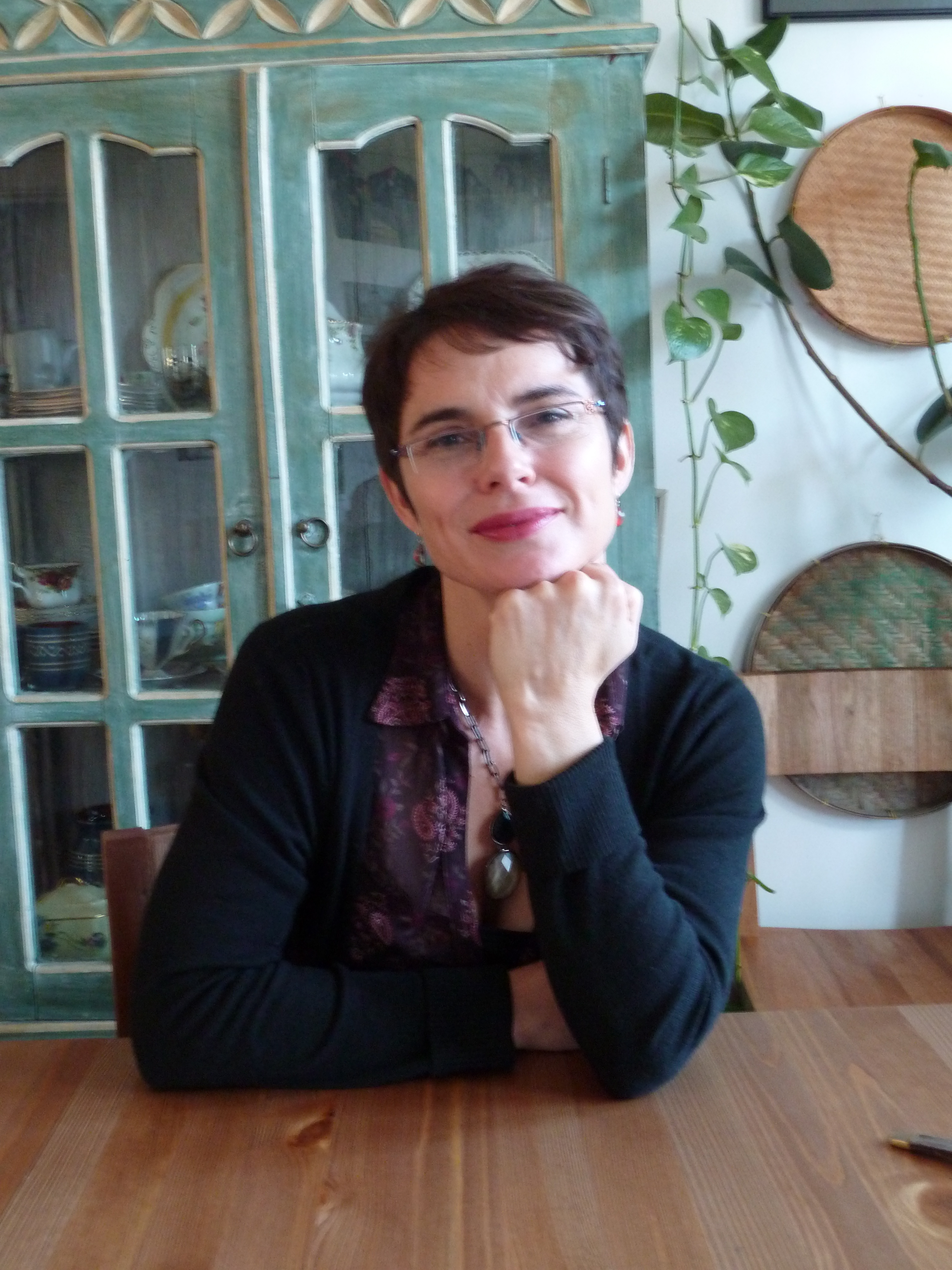Poet and writer Karen Connelly grates ginger into the pot before pouring me a piping cup of tea at her home. We sit at a bare, wooden table, but the surroundings are less austere: sunlight dapples a verdant plant dangling over the painted china-cabinet, then lingers on the fort her four-year-old son has built in the living room. The writer whose name has become synonymous with the nomadic life is now living in Toronto and married with one child. But the exigencies of domestic life have not hampered her creative output: her book Burmese Lessons: A Love Story was recently nominated for the 2010 Governor General’s Award for Nonfiction.
This middle-class existence is a far cry from her adventures in Greece and Asia: “Before this, I had never had a North American-all amenities-electricity-washing machine-telephone-domestic life. In Greece, I lived a primitive life: no electricity, no telephone — very simple, very elemental; in Thailand, I was moving around a lot.” But it’s not difficult to reconcile the woman in front of me with the peripatetic who wrote about this life with such candour. She is a petite, vibrant woman with dark hair cropped close to her head; her eye contact never wavers during our conversation. Connelly has not relinquished her restless spirit; she is simply adjusting to travelling en famille.
She concedes that living abroad can be a double-edged sword, because it can be accompanied by loneliness. She would attempt to live like a local as a way to “get close.” But the outsider’s perspective did have certain advantages: “It’s like experiencing someone else’s family in a way, because we aren’t as deeply embroiled emotionally. Sometimes we can see the relationships and the structure of power more clearly than those people who are native to place — or we think we can.”
Her talent for translating these experiences into words has served her well. At 23 years old, Connelly won the Governor General’s Award for Nonfiction for Touch the Dragon, chronicling her adventures as an exchange student in a small village in Thailand. In Burmese Lessons, she returned to Southeast Asia to tell the heartrending story of her love affair with Maung, one of the leaders of an ethnic guerrilla army.
As Connelly became more firmly entrenched in the Free Burma Movement and Maung, she had to confront an uncomfortable truth — to be a writer, she could not be married to a person who was married to a cause: “It can be very difficult to bring all the mores and the freedoms that a Western woman has to those cultures and expect to have them if we continue to live there.” The cultural divide re-asserted itself and crystallized her identity as a female writer.
With a robust laugh, Connelly talks about her desire to analyze her involvement with “disastrous men.” When she returned to Canada, she did not regret living her life passionately, but she wanted to find the right partner: “It was a real trick to find the way to have that life, a domestic life and also to be with someone who would allow me to continue to be a writer, be myself.” She worked with a therapist and lived a less itinerant lifestyle to find that person. In 2005 she married architect Robert Chang and a son, Timo, joined them the following year.
Family life can seem at odds with the artistic process that requires time and space to flourish, but she is coming to terms with its paradoxical nature: “This territory is just full of issues for every woman — and probably more for creative women — the duties of domesticity and specifically of taking care of a child are quite opposed in some ways to the duties of being an artist who is free in mind with the time to centre and focus.” Indeed, she marvels at the contradictory emotions that accompany having children — the intensity of giving birth juxtaposed with the banality of domestic habits: “They seem contrary those two things, but in fact they’re one of a piece.”
As Timo gets older, he is eager to break new ground. He recently requested a drawer for his pens and paper for his office. She delights in his curiosity and how he has staked his claim on various spaces in the house: “A child is another human being; as they get older they become even more human beings and take up more space — witness the fort over there in the corner. I’ve noticed he loves — like me, his mother — to expand; he’s a person who wants to stretch out in all directions. That kind of presence in a life is undeniable.”
In fact, the routines of home life have been freeing, because they have forced her to be more productive. Nor do the perimeters of home define the parameters of experience — as she grapples with motherhood, she is learning it has infinite wisdoms to reveal. Her home has become a stronghold where she — like her son — can unfurl in all directions. More importantly, it has become a place where breathing room has been achieved sans passport.



